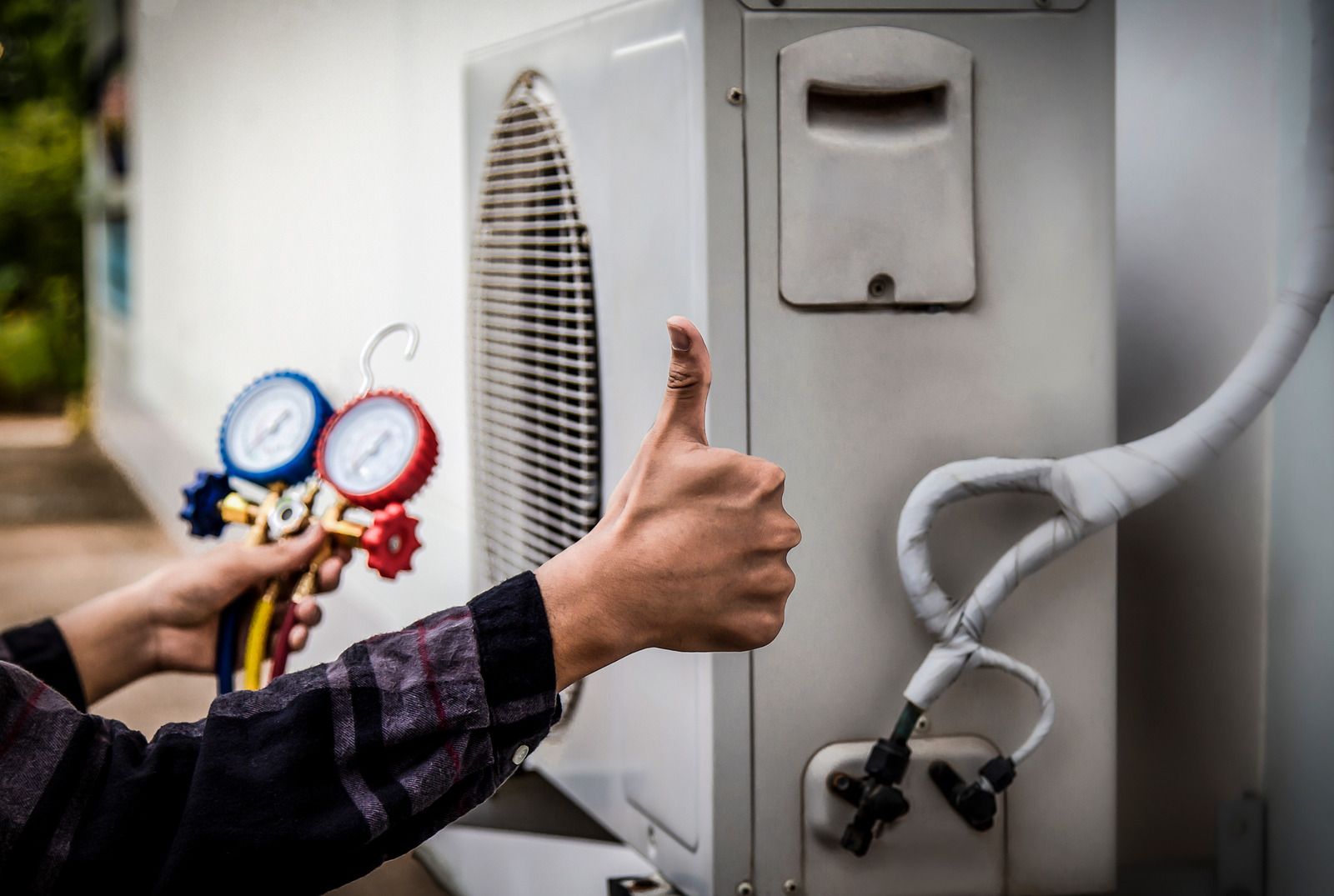How to Choose the Right HVAC System for Your Home
Choosing the right HVAC system for your home is essential for maintaining year-round comfort, improving energy efficiency, and reducing utility costs. With so many options available, it’s important to consider factors such as your home’s size, climate, budget, and specific heating and cooling needs. Here’s a comprehensive guide to help you make the best decision.
1. Assess Your Heating and Cooling Needs
Before selecting an HVAC system, evaluate your home’s heating and cooling requirements. Factors such as square footage, insulation quality, ceiling height, and the number of windows impact the type and size of system you need. A professional HVAC contractor can perform a load calculation to determine the appropriate system size for optimal efficiency.
2. Choose the Right Type of HVAC System
There are several types of HVAC systems, each with its own advantages:
- Central Air Conditioning & Furnace System – A popular option for whole-house heating and cooling, combining an air conditioner and furnace for year-round comfort.
- Heat Pump System – An energy-efficient alternative that provides both heating and cooling by transferring heat rather than generating it.
- Ductless Mini-Split System – Ideal for homes without ductwork or for room-specific climate control, offering flexibility and energy efficiency.
- Zoning Systems – These allow you to control temperatures in different areas of your home independently, improving comfort and efficiency.
3. Consider Energy Efficiency Ratings
Energy efficiency is a key factor in reducing long-term utility bills. Look for:
- SEER (Seasonal Energy Efficiency Ratio) – Measures cooling efficiency; a higher SEER rating means greater efficiency.
- AFUE (Annual Fuel Utilization Efficiency) – Measures furnace efficiency; a higher percentage means more fuel is converted into heat.
- HSPF (Heating Seasonal Performance Factor) – Measures heat pump efficiency; higher ratings indicate better performance.
- ENERGY STAR Certification – Indicates compliance with government energy efficiency standards.
4. Evaluate System Size and Capacity
An HVAC system that’s too small won’t efficiently heat or cool your home, while an oversized system can lead to energy waste and uneven temperatures. Proper sizing, determined by a professional load calculation, ensures balanced performance and longevity.
5. Explore Smart Features and Upgrades
Modern HVAC systems offer advanced features that enhance convenience and efficiency:
- Smart Thermostats – Allow you to control temperature settings remotely and optimize energy usage.
- Variable-Speed Technology – Adjusts fan speeds for more consistent temperature control and energy savings.
- Zoning Capabilities – Enables different temperature settings in various areas of your home.
6. Factor in Installation and Maintenance Costs
While high-efficiency HVAC systems may have a higher upfront cost, they can save you money in the long run through lower energy bills and fewer repairs. Additionally, consider the cost of routine maintenance and potential warranty coverage.
7. Work with a Trusted HVAC Professional
Selecting and installing the right HVAC system requires expertise. A certified HVAC contractor can help you choose the best system for your needs, handle proper installation, and provide ongoing maintenance to keep your unit running efficiently.
Final Thoughts
Choosing the right HVAC system is a significant investment that impacts your home’s comfort and energy efficiency. By assessing your needs, considering energy-efficient models, and working with a qualified professional, you can ensure a system that delivers optimal performance for years to come.
Need help selecting and installing the perfect HVAC system? Contact Warner Heating & Air Conditioning today for expert guidance and top-quality service!


